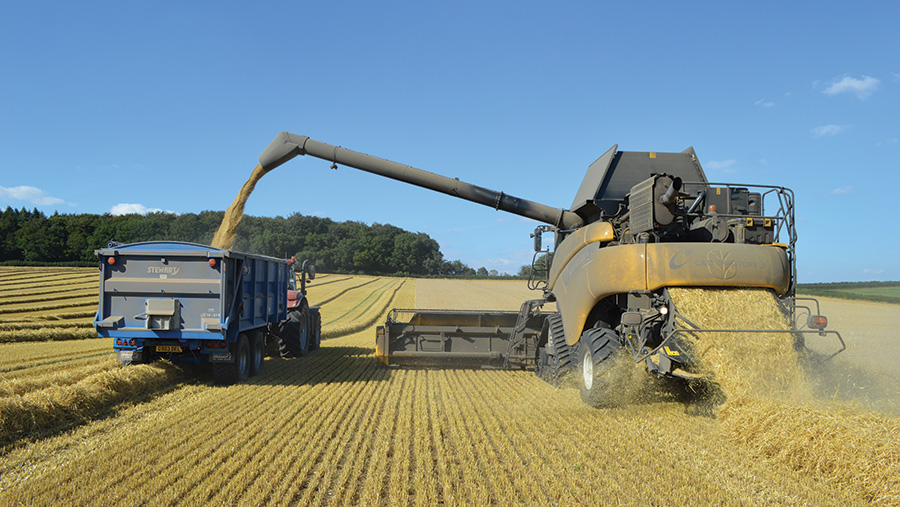Direct payments vital to farmers – NFU

Farmgate prices are so low that many producers would struggle to remain in business without subsidies, the NFU has warned.
Farm leader Meurig Raymond issued the warning following a House of Lords report which said the CAP should be reformed to reduce farmers’ reliance on direct payments.
The report calls for a fresh approach to help farmers meet the challenge of low market prices – rather than relying on the blanket distribution of direct support.
See also: Peers call for new approach to tackle low prices
Published by the House of Lords EU energy and environment sub-committee, it says Brussels and the UK government should develop financial tools to help farmers contend with low prices.
Rather than focusing on direct payments, the report calls for a reformed CAP to primarily support the provision of public goods rather than focusing on direct payments.
It is clear that over the past 24 months, with prices where they are, many farmers would struggle to continue in business Meurig Raymond
While direct payments would continue to help farmers to withstand periods of low prices, the report says blanket reliance on such measures stifled innovation in the sector.
Mr Raymond said the report reflected many of the NFU’s “key asks” as a means to promote business resilience in UK agriculture.
It recognised the very difficult trading environment that many British farmers have been facing over the past 24 months – a sustained period of low prices across the board.
But the NFU president said decoupled direct payments should remain at the core of the CAP and their primary purpose should remain primarily an economic one.
Without them, said Mr Raymond, “it is clear that over the past 24 months, with prices where they are, many farmers would struggle to continue in business”.
He added: “Direct payments provide a degree of income stability which enables farmers to maintain productive capacity despite volatile agricultural markets and climatic shocks.”
Direct payments also provided some compensation for farmers in the EU who met higher production standards, said Mr Raymond.
They provided a security against which farmers could invest and leverage additional private investment from banks, he said.
And they allowed farmers to deliver a range of wider public benefits that flowed from the management of agricultural land.
“These are in addition to the basic public good of a secure supply of safe, high-quality food,” said Mr Raymond.
In the past 24 months, the average milk price has fallen by more than 33%, pigmeat by 30% and feed wheat by almost 40%.
Mr Raymond said: “Successive CAP reforms have led to changes in farm policy, with much less government intervention in agricultural markets.
“The NFU supports the progress towards a more market-led agricultural sector, where it is done fairly across the EU and without excessive bureaucracy.”
